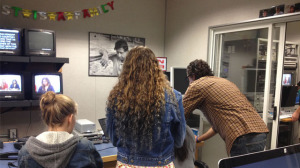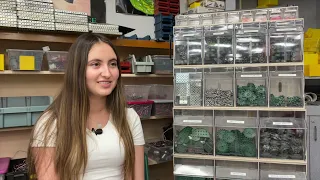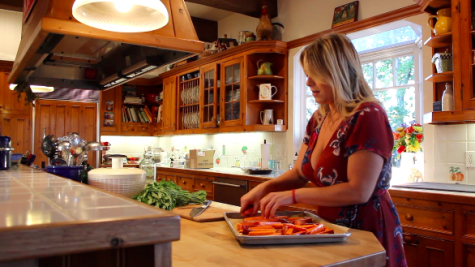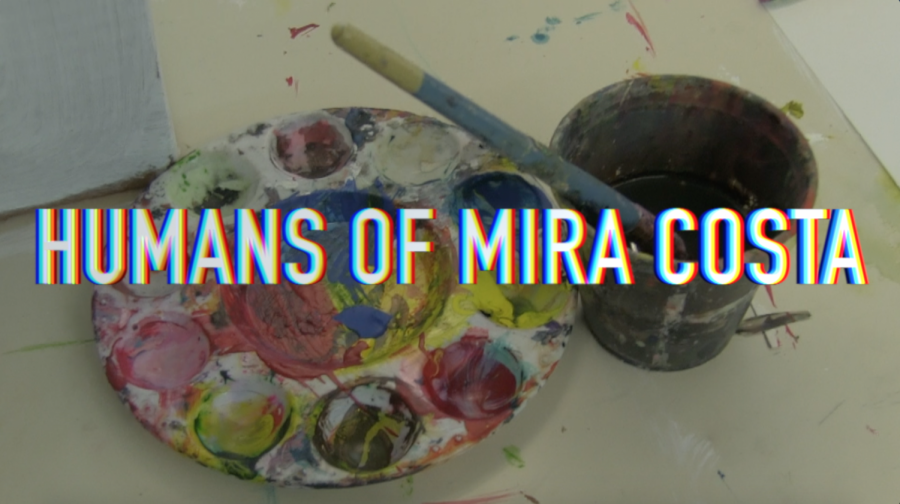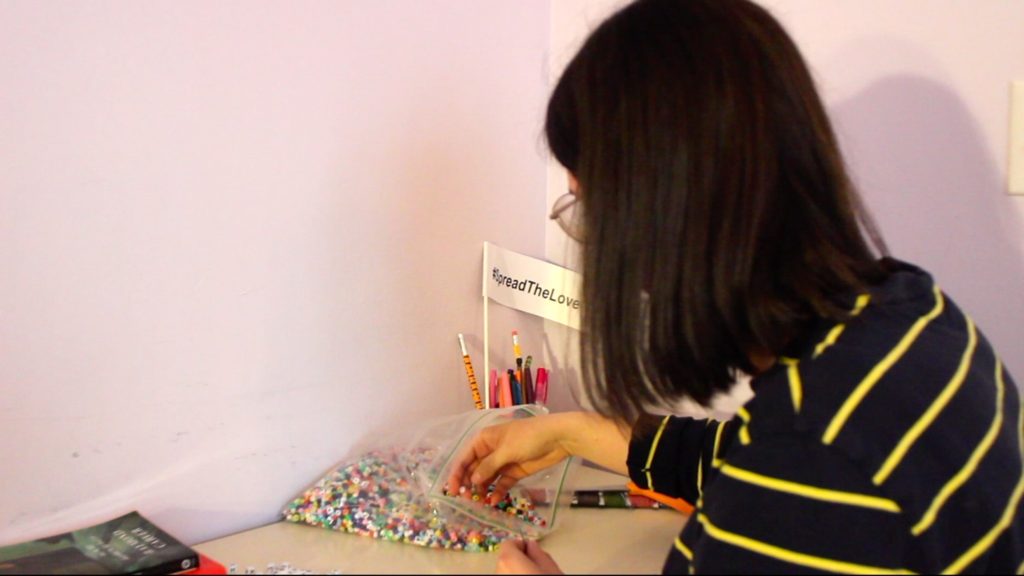While attending the National High School Journalism Convention in Washington D.C last week, I learned so much from the speakers and sessions. They inspired me to become an even better journalist and I took notes on many new ways to improve myself. Here are 5 things I learned from the convention:
- “Don’t expect anyone to give you anything. You’ve got to work for it.” -Christine Brennan
Christine Brennan was the first president for the Association for Women in Sports. Being a successful woman in a male dominated career (sports journalism), she recognizes that it is hard to prove yourself. However, you have to work for every story that you cover. By putting in minimal effort, you will not get the best story possible. You can’t expect an amazing story without having put in all your dedication. This might seem like an obvious tip, but I’ve noticed that many people including myself will essentially “give up” on a story when it gets hard and put in less effort than at the beginning of the story. It’s important to always put in 100%.
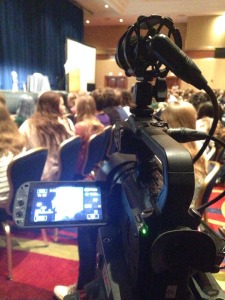
2. Journalists can change the world
As a journalist, you have the power to speak up and create stories that move people to make a difference. You have the power the change things. I didn’t realize this until the convention; freedom of speech laws regarding the press were created by journalists, and it is because of journalists that we have freedom to publish what we want wherever we want. We have this privileges that many countries don’t have, and therefore we can use it as a way to create change and better our society. By bringing social issues to light with investigative journalism, there is a multitude of ways journalists can change the world.
3. “Great stories are told through great characters” – Dave Davis
People are more interesting than numbers. A story is never better by having a lot of statistics; viewers are more interested in an interesting character than numbers. Numbers are not personable and do not create a good story. Find someone impacted by your topic who is interesting or provides colorful soundbites. Many times, it’s easy to j=find a source that is impacted by an issue you are reporting on, but isn’t very interesting or has anything really great to say; by finding a character in your story stands out, people are more likely to remember your story.
4. Sprinkle gold coins
Throughout a story, you should save little gold coins or surprises along the way. This will keep the audience excited for the next surprise or gold coin and continue reading or watching your story. By putting the most interesting information all at once and at the beginning of the story, there is not much appeal in finishing the rest if everything important has already been given away.
5. Have a good relationship with your staff.
Many aspiring journalists think that they can accomplish successful stories all on their own, and do not like to ask for help. Too much pride actually harms, not helps you. By establishing a good relationship with your staff, you are securing help with any problems along the way of your story, and most stories end up having at least one problem. If you do not work well with others, then no one will want to help you when a problem comes up. This is why it is so important to have a good relationship with your staff. Asking for help and getting a better product is always better than not asking for help because of the risk of hurting your pride and ending up with a mediocre story.



